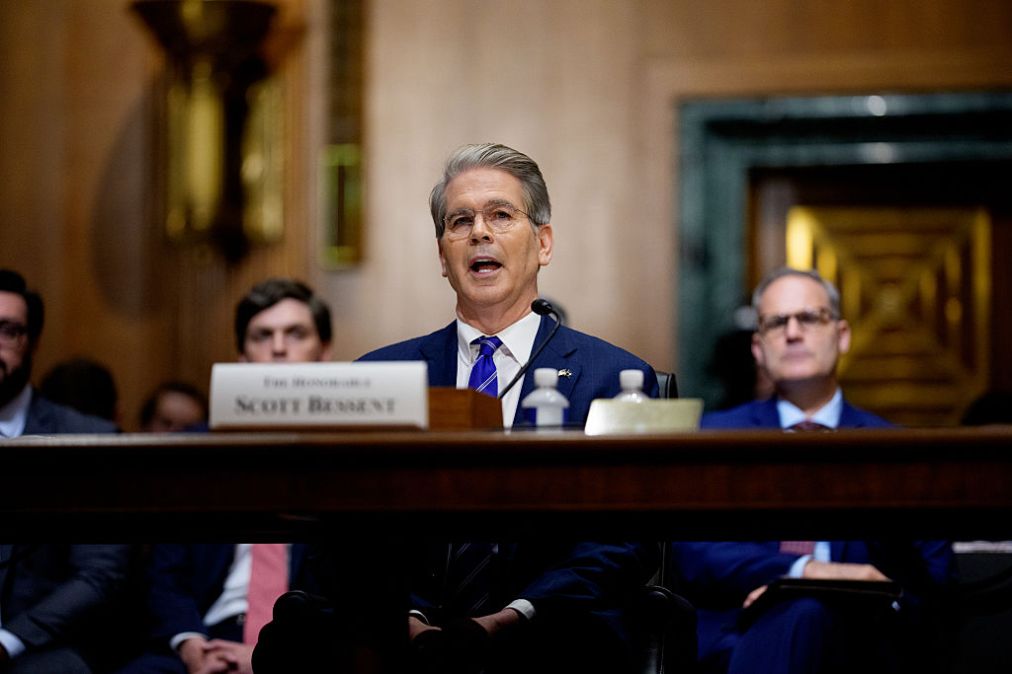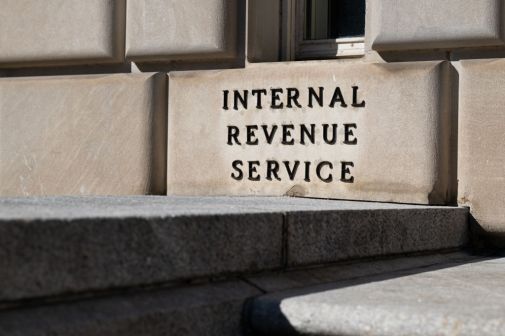Treasury secretary backs tougher IRS leaker penalties amid lingering DOGE data questions

Treasury Secretary Scott Bessent told senators this week that he isn’t aware of DOGE representatives accessing an IRS database or exporting sensitive information — but he is in favor of stiffer penalties for anyone who does break tax agency disclosure laws.
Sen. Jack Reed, D-R.I., ranking member of the Senate Appropriations Financial Services and General Government Subcommittee, asked Bessent on Wednesday whether any DOGE staff have had access to the IRS’s Integrated Data Retrieval System, which contains taxpayers’ personally identifiable information as well as audit, medical debt and employment history.
“Not to my knowledge,” said Bessent, who was named as a defendant in a February lawsuit seeking to block DOGE from the IRS system. Any information that DOGE would have had access to at the IRS, he added, would have been through a memorandum of understanding between the tax agency and the Office of Management and Budget.
“So we put the proper controls, prophylactics, around any activities that they had in the building,” Bessent testified.
Sen. Mark Warner continued that line of inquiry Thursday when Bessent was back on Capitol Hill before the Senate Finance Committee. The Virginia Democrat asked the Treasury secretary to assure lawmakers that “the private information of citizens … will not be abused in terms of the DOGE process of sucking out this IRS information.”
In response, Bessent told Warner that “some enthusiastic people … had the motto ‘move fast and break things,’” but his philosophy at the department is to “move deliberately and fix things” while prioritizing collections, customer service and privacy.
He then pivoted on privacy to the case of Charles Littlejohn, a former IRS contractor serving a five-year prison term for leaking thousands of tax returns, including those of Donald Trump, Jeff Bezos and Michael Bloomberg. Section 6103 of the Internal Revenue Code ensures taxpayer privacy.
“I can’t remember whether he was fined $5,000 or $10,000. We do not know the terms of his plea deal,” Bessent said. “But I would support an increase in both the monetary penalty and the jail time.”
Bessent also told Reed that he had no knowledge of DOGE personnel exporting any Treasury Department information. When asked by the Rhode Island Democrat whether he had “investigated it to ensure that that’s absolutely correct,” Bessent demurred.
“Well, we have strict protocols around that, so there’s no reason to believe that there was,” he said.
The lawsuit to stop DOGE from accessing IRS systems alleged Administrative Procedure Act violations under Section 6103, as well as the Privacy Act and the Federal Information Security Modernization Act.
“IRS Defendants have permitted … DOGE staff to obtain broad access to return information for a broad purpose in a manner that does not comply with specific statutory requirements,” the lawsuit stated. “IRS Defendants have permitted DOGE staff broad access to sensitive return information in an arbitrary and capricious manner that does not comport with historical or existing IRS practice or policies or consider the consequences of such access.”
The defendants have until July 3 to move to dismiss the case, with a response from plaintiffs due by July 25.






